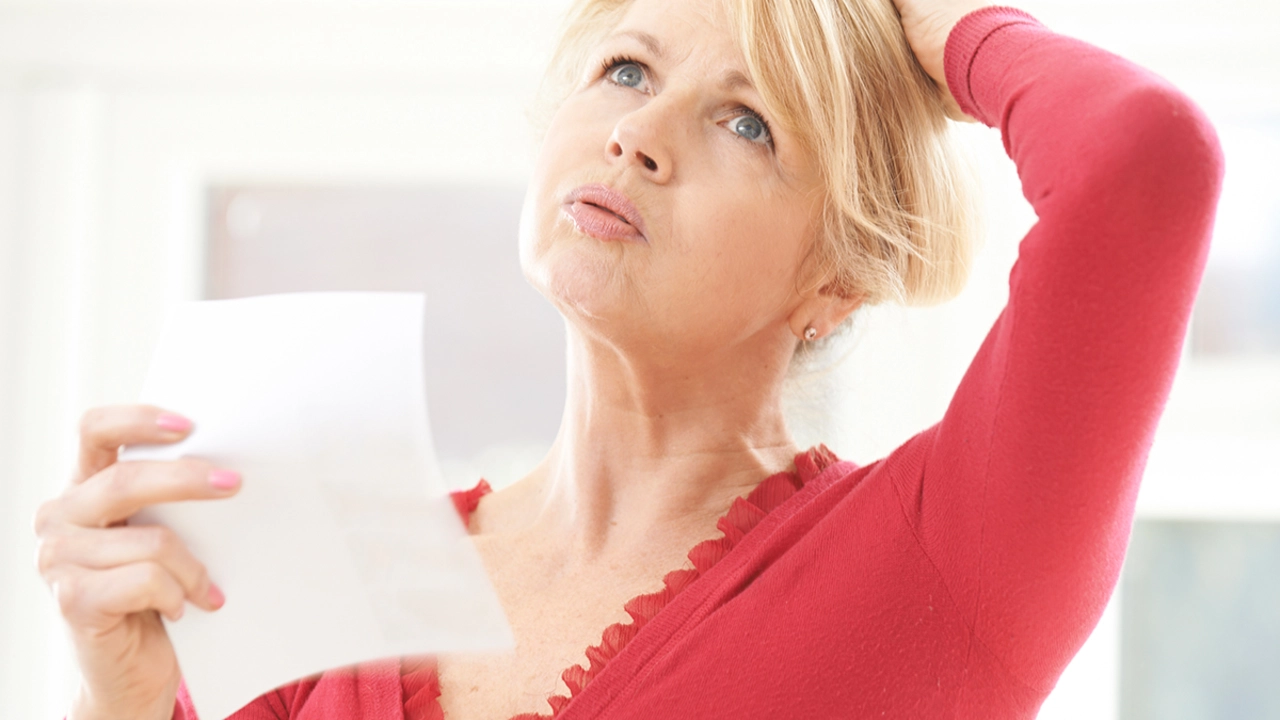Menopause Explained: What Every Woman Should Know
Menopause is a natural phase in a woman’s life when her period stops permanently, usually around age 45-55. It's not a disease but a big hormonal shift as your ovaries slow down estrogen production. Many women notice changes like hot flashes, mood swings, and sleep problems. While these symptoms can be annoying, they usually ease up with time or treatment.
Understanding menopause helps you take control. You don’t have to just suffer through symptoms. Simple lifestyle tweaks like dressing in layers, keeping cool, and regular exercise can ease hot flashes. Also, managing stress with techniques like yoga or meditation may improve mood swings and sleep.
Dealing with Symptoms: Practical Tips and Treatments
If symptoms impact your daily life, it's smart to talk to your doctor. Hormone replacement therapy (HRT) is one option that can reduce hot flashes and protect bone health, but it isn’t for everyone. Non-hormonal options like certain antidepressants or natural supplements might help too. Your doctor can guide you on what fits best based on your health and preferences.
Besides medicine, eating a balanced diet rich in calcium and vitamin D supports bone health, which can weaken after menopause. Staying hydrated and avoiding caffeine or spicy foods may reduce flare-ups. Sleep hygiene—like keeping a cool, dark room and having a regular bedtime—often makes a huge difference.
Looking Ahead: Embracing the Change with Confidence
Menopause is more than just physical changes; it’s also a chance to focus on your wellbeing. Many women find this time perfect for rethinking their health goals, trying new hobbies, or improving relationships. Knowledge is power—when you understand what’s happening in your body, you can make smarter choices and live well through menopause and beyond.
Remember, you’re not alone. Millions of women go through these shifts every day. Sharing experiences with friends or support groups can provide comfort and useful tips. Whether you want natural approaches or medical help, there are plenty of resources to help you thrive during menopause.

Amenorrhea and Menopause: What's the Connection?
In my latest blog post, I delve into the intriguing connection between amenorrhea, the absence of menstruation, and menopause, the end of a woman's reproductive years. We discuss how both conditions signal changes in a woman's hormonal balance, but differ in their causes and implications. While amenorrhea can be a sign of various health issues or a side effect of certain lifestyle factors, menopause is a natural life stage every woman goes through. The post also highlights the importance of understanding both these conditions, especially for women experiencing changes in their menstrual cycle. Lastly, it underscores the need for medical consultation to correctly diagnose and manage these conditions.





